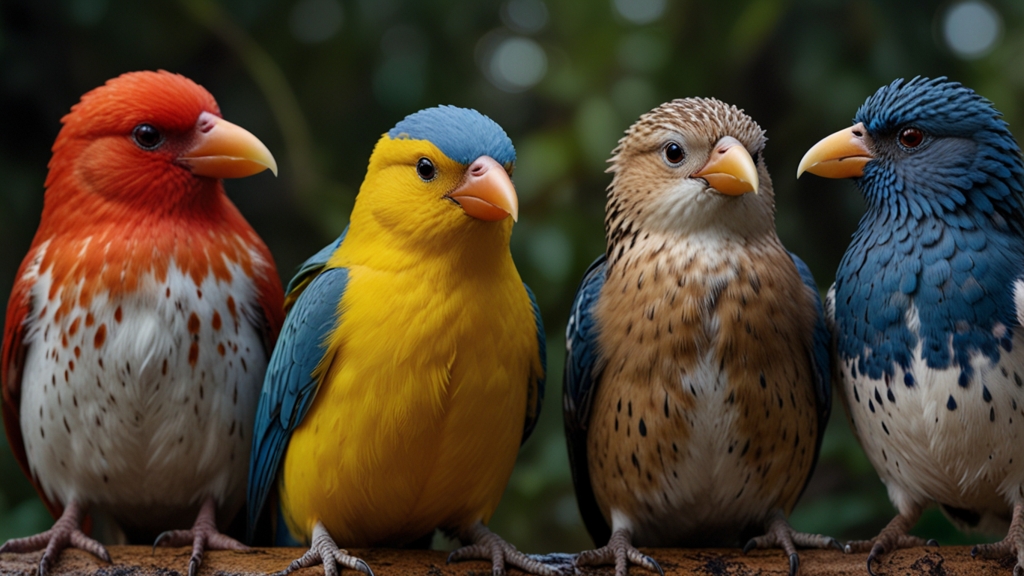Riddles from Around the World: A Global Challenge
Riddles have been an important part of human culture for centuries, acting as both a form of entertainment and a means to challenge the intellect. From ancient civilizations to modern societies, riddles traverse geographical and cultural boundaries, offering a window into the diverse ways in which different cultures engage with questions of logic, language, and wit. This article explores a selection of riddles from around the world, shedding light on their unique characteristics and the universal human fascination with puzzling problems.
The Timeless Appeal of Riddles
Riddles have a timeless appeal. They are found in folklore, literature, and even modern media. Their universal nature is indicative of how fundamentally human the need to solve puzzles is. Regardless of where one comes from, the pleasure derived from the "Aha!" moment when a riddle is solved is a shared experience.
Riddles from the East
China
In China, riddles, known as "míyǔ" (谜语), are a key part of traditional festivals such as the Lantern Festival. They often play on the intricate nature of the Chinese language, leveraging homophones and poetic imagery.
Riddle: "I am not a bird, but I can fly through the sky. I am not a river, but I can make water flow."
Answer: Wind.
Japan
Japanese riddles, or "nazo-nazo" (なぞなぞ), similarly engage with wordplay and cultural references, sometimes requiring specific knowledge of language or local idioms to solve.
Riddle: "The beginning of eternity, the end of time and space, the beginning of every end, and the end of every place."
Answer: The letter 'E'.
Riddles from the West
England
English riddles often delve into logic and lateral thinking, sometimes making use of whimsical language or obscure references.
Riddle: "I speak without a mouth and hear without ears. I have no body, but I come alive with the wind."
Answer: An echo.
United States
In the United States, riddles have found their way into popular culture through books, movies, and TV shows, often prompting audiences to think outside the box.
Riddle: "I can be cracked, made, told, and played. What am I?"
Answer: A joke.
Riddles from Africa
Nigeria
Nigerian riddles, often told among children and during communal gatherings, are embedded in the rich oral tradition of the country. They sometimes involve clever observances of everyday life.
Riddle: "What has cities, but no houses; forests, but no trees; and rivers, but no water?"
Answer: A map.
A Shared Experience
Despite the differences in language, culture, and context, riddles bring people together in a unique way. They engage the intellect, foster critical thinking, and encourage a playful exploration of language and meaning. Whether it is the Lantern Riddles of China, the witty needs of the English, or the thought-provoking questions from Nigeria, the thirst for mental challenges transcends borders.
So next time you come across a riddle, remember that someone half a world away might be pondering a similarly perplexing puzzle, underscoring our shared human experience through the universal language of curiosity and problem-solving.








